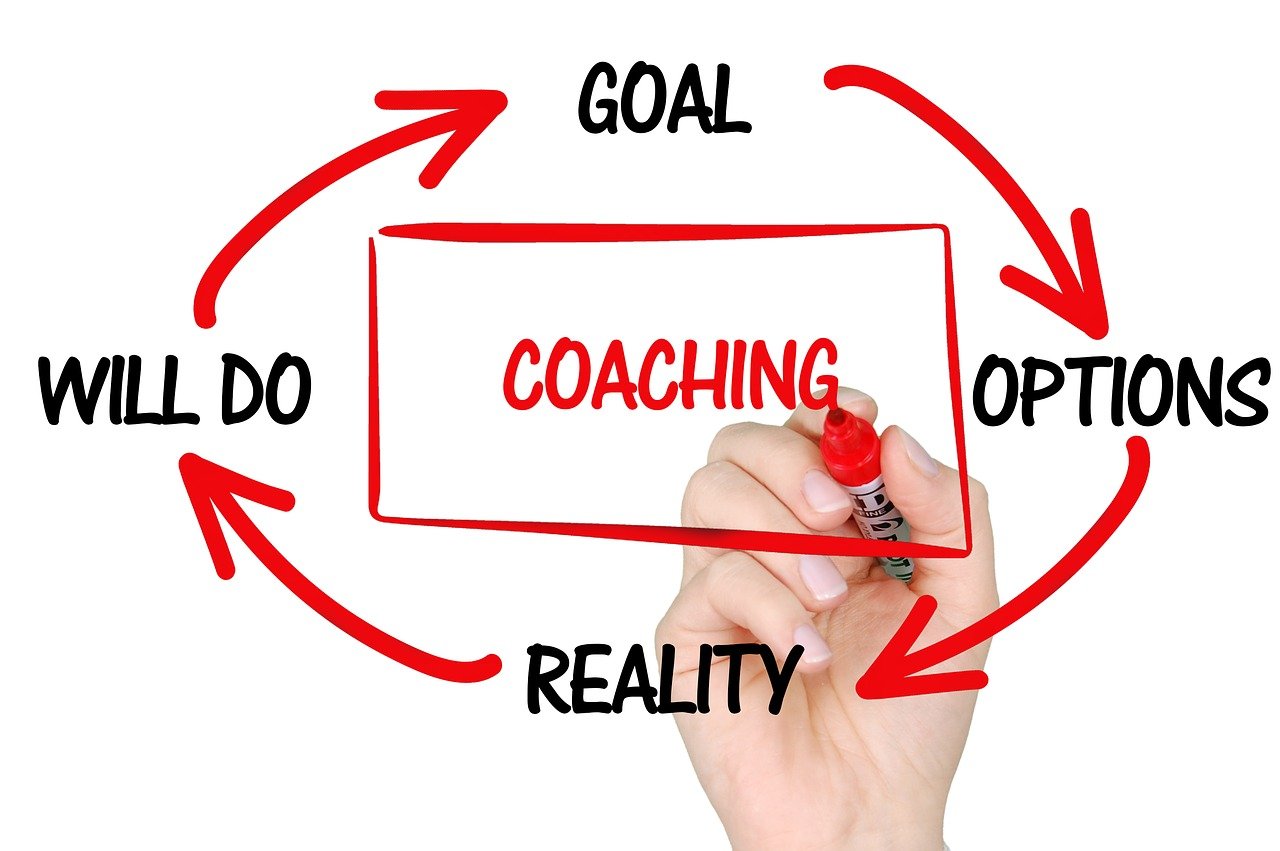How to encourage a positive attitude and get the most out of coaching
In my time as a coach, I have found that getting the most out of the experience will all depend on the coachee and the attitude they have towards the opportunity they have been presented with.
I have previously encountered individuals who approached coaching with a negative attitude, a trait that is not uncommon and happens in situations when coaching has been mandated.
This highlights to me that there are many misunderstandings surrounding coaching, Chief among these is the belief that the coach is there to find fault with you and to indicate where you have fallen short. This is a myth. The first 90 days for any new appointment, especially a senior one, is a period of adjustment and adaptation and the provision of mandated coaching for a senior officer for the appointee to get up to speed and perform effectively and adapt well within the first 90 days.
With this in mind, I explore the negative attitude towards coaching and how this can be dispelled so individuals can grow in business with the support of a strong coaching relationship.
A Negative Attitude To Coaching
Throughout my time coaching, where I have experienced negative attitudes to learning, the individuals notably adopt an adversarial attitude typical of a fixed mindset. That adversarial attitude appears to be adopted as a means of protecting oneself from the verbal assaults of the coach which will be expected to be critical of them. Of course, this attitude is wrong as the coach’s brief is to help coachee’s perform at their very best rather than being critical of them.
The Protected Mode
This adversarial attitude of functioning is one that obtains when one is confronted with danger. This protected mode (as this should be called) protects one from harm and one’s view of the surrounding is very much a paranoid one.
The Learning Mode
The opposite of protected mode is known as the learning mode. In this mode, we are relaxed enough to listen, absorb and learn from what we take in as information and experience from our surroundings including people. Obviously, we need to feel safe enough to relax our guard and to take in information from all our five senses.
When this happens, the person being coached can derive insights from the description he gives about himself and the experiences he had when he interacted with other individuals over his tasks and environmental conditions including those amenable to his tasks and those that obstruct his performance
The coach on his part can skillfully use questions, reflections and comments to facilitate the learning process of the one being coached and supports the coachee to make the appropriate conclusions and to act on them. Certainly, if the coachee feels unsafe, this process of learning, formulating a course of problem-solving actions, and acting on them, will not take place.
The coach is also functioning in learning mode. He is learning about the coachee, the way he functions, the obstacles he is facing, and the opportunities for fruitful change available to the coachee, and thereby modify his techniques and his approach so that the coachee can be relaxed enough to learn.
The coach’s learning mode is also to learn about environmental conditions, for as the one in charge, he is the leader. And as the leader of the coaching interaction, he must ensure that the environment is safe so that the coachee can feel secure enough for a trusting relationship to facilitate the work of learning.
Making Coaching Effective
Most coaches are well trained enough to learn about the environment to make the coachee feel safe, and they normally know how they can stimulate the coachee to reflect on his experiences and help the coachee to attain the insights that will help the one being coached to make significant progress to reach the goals that the coachee may have set for himself.
The coach is trained, but are those who are being coached trained to be effective coachees? Most coachees before they are coached are given informational leaflets as to what they can expect from coaching and how they should prepare themselves in readiness of being coached. Such leaflets may be a good way to fulfil due diligence beyond that not much else is likely to be achieved.
It is likely that people are not likely to read and understand such informational leaflet let alone follow them. Hence the coaching process will include the coach educating and guiding coachees towards the learning process.
If the coachee is able to be relaxed and if the coach is able to give the one being coached a sense of security, then indeed a whole lot of learning can take place during the coaching hour.
We are learning all the time in living and growing, and we certainly can accelerate our learning in the coaching hour by learning to trust the coach and to feel safe about the coach we are working with. Only then, can we achieve whatever we wish to achieve when we come for coaching in the first place.
Certainly, in the coaching hour, and in appropriate situations, let us be relaxed and trusting enough to enter into a learning mode so that we can be more efficient and effective in our learning.
About the Author
Dr Douglas Kong is a Business and Life Coach that specializes in helping small businesses to be profitable and scaling up from there. He is a Regional Director of The Alpha Group that helps small businesses to double the value of their business within 2 to 3 years and to dominate their niche.
As a Life Coach, he helps individuals overcome their psychological limitations to achieve their purpose in life and find happiness. The result is that individuals can achieve peak performance even in the face of overwhelming stress. For more info visit https://optimalzoneperformance.com/

